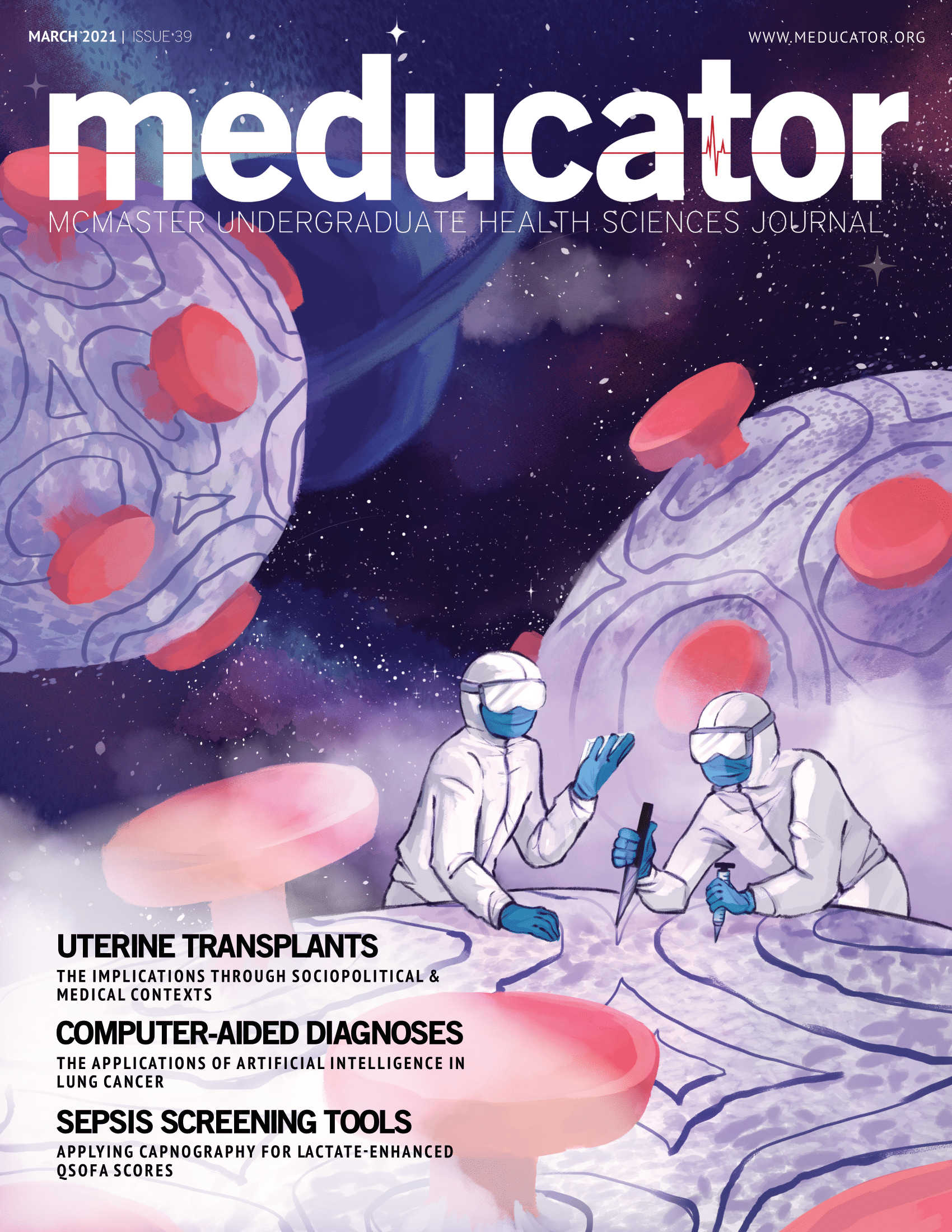Healthcare Disparities
Evaluating The Local Status of Minority Maternal Health in the Context of Institutionalized Disparities in Hamilton
DOI:
https://doi.org/10.15173/m.v1i39.3303Abstract
While it holds true that visible minorities often benefit less than average from healthcare systems in North America, there is yet to be consensus on the extent to which racism and other institutionalized issues play a role in leaving them at a serious disadvantage. A 2018 study by Dr. Elizabeth Howell reports that African American women face severe maternal morbidity at rates two-fold that of non-Hispanic white women, which in light of the Black Lives Matter movement, brings to question the integrity of the maternal care system and the professionals who work within it.
Many health problems faced by Black, Indigenous, and People of Colour (BIPOC) have not only been a result of racial prejudice, but also disparities beyond the control of individual healthcare providers. In his anthology of essays, Disease, Life, and Man, Rudolf Virchow underscores the origins of disease as rather originating from structural flaws in health states dictated by the democratic polity. Although racism contributes greatly to healthcare inequality, significant disparities also stem from socioeconomic barriers that impede minority access to healthcare. The purpose of this article is to examine the institutional disparities influencing health accessibility for BIPOC women, and analyze its effects on the maternal health of racial minorities with an emphasis on Hamilton, Ontario.


